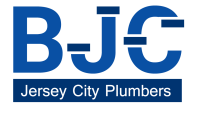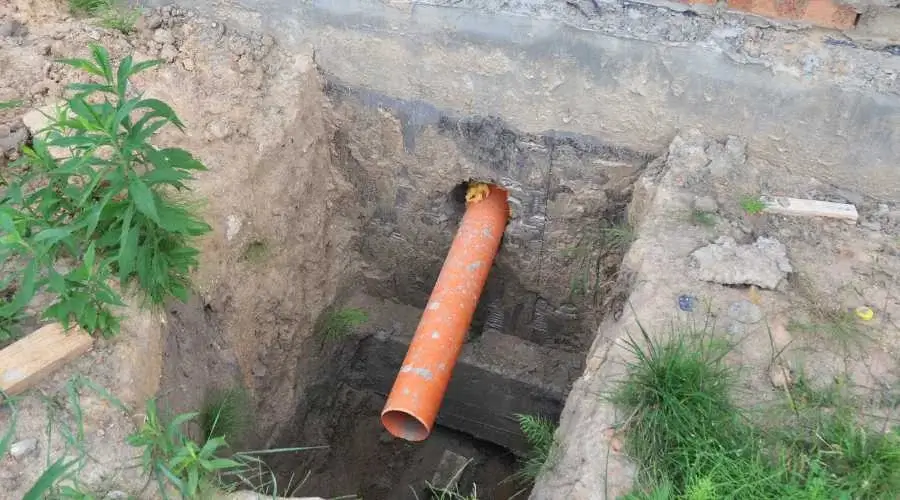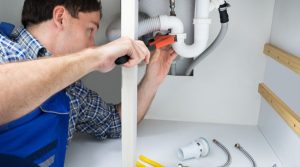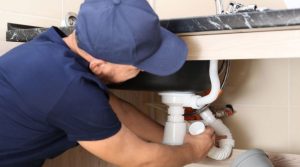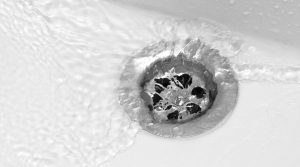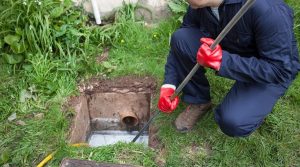Your sewer line is vital for the proper functioning of your property’s plumbing. Ignoring it can lead to costly repairs and health hazards. Learn the common causes, warning signs, and solutions to protect your sewer line.
Key Takeaway
- Common Causes: Tree roots, corrosion, blockages, grease buildup, aging pipes, and construction mishaps.
- Warning Signs: Discolored water, strange smells, health issues, and pooling water.
- Prevention: Routine maintenance, proper disposal of waste, and professional inspections can prevent severe sewer line issues.
Understanding Sewer Line Issues
Sewer line problems are not only inconvenient but can also pose significant risks to your property and health. When wastewater fails to flow properly, it can back up into your home or yard, creating an unsanitary and unpleasant environment. Recognizing and addressing issues early can save you from expensive repairs.
Common Causes of Sewer Line Problems
- Tree Roots
- Tree and shrub roots naturally seek moisture, often infiltrating sewer lines through small cracks or joints. As they grow, they can cause significant damage, including pipe misalignment, cracks, and blockages.
- Solution: Trenchless technology allows plumbers to remove roots and repair pipes without extensive digging.
- Pipe Corrosion
- Over time, sewer pipes, especially older metal ones, can corrode due to oxidation. Corrosion weakens the pipe walls, leading to leaks and potential collapse.
- Solution: Replace corroded sections with durable, modern materials like PVC or HDPE.
- Blockages
- Accumulation of hair, grease, food particles, and other debris can block sewer lines. These blockages restrict flow and can lead to backups.
- Solution: Routine cleaning and mindful disposal of waste can prevent blockages.
- Aging Pipes
- Sewer lines have a finite lifespan. Wear and tear over decades can lead to cracks, leaks, and collapses.
- Solution: Schedule regular inspections and consider replacing pipes nearing the end of their lifespan.
- Grease
- Grease poured down drains can solidify in pipes, creating stubborn blockages. While it may seem harmless in liquid form, grease hardens as it cools.
- Solution: Avoid disposing of grease in sinks and use strainers to catch debris.
- Construction Damage
- Heavy machinery and construction activities can accidentally damage underground sewer lines, causing leaks or misalignment.
- Solution: Mark pipe locations before construction and ensure contractors take precautions.
Signs of Sewer Line Problems
Recognizing early warning signs can prevent minor issues from escalating into major problems:
- Discolored Water
- Brown or murky water indicates rust or contamination from damaged pipes. This is often an early sign of pipe corrosion or breakage.
- Strange Smells
- Foul odors, like rotting eggs, signal trapped wastewater or gas leaks in the sewer line.
- Health Issues
- Respiratory problems or persistent illnesses among inhabitants may result from exposure to harmful bacteria or gases from damaged sewer pipes.
- Pooling Water
- Unexplained puddles in your yard could be from a leaking or broken sewer line. The water may carry waste and create a health hazard.
Solutions to Sewer Line Problems
Addressing sewer line issues promptly can save time and money while ensuring the safety of your property.
- Professional Inspections
- Regular inspections with advanced tools, like cameras, can detect hidden problems early.
- Trenchless Technology
- Techniques like pipe bursting and lining repair damaged sewer lines without extensive digging, preserving your landscaping.
- Routine Maintenance
- Periodic cleaning and descaling prevent buildup and keep sewer lines clear.
- Pipe Replacement
- For aging or severely damaged pipes, replacement with durable materials is often the best long-term solution.
FAQs About Sewer Lines
Q: How often should I have my sewer lines inspected?
A: Sewer lines should be inspected every 1-3 years, especially in older homes or properties with large trees nearby.
Q: Can I prevent sewer line issues on my own?
A: Yes, by disposing of waste properly, avoiding pouring grease down drains, and scheduling regular professional maintenance.
Q: What are the costs of sewer line repairs?
A: Costs vary based on the extent of damage, location, and repair method. Trenchless repairs are often cost-effective compared to traditional digging methods.
Q: How do I know if tree roots are affecting my sewer line?
A: Slow drainage, gurgling sounds, and recurring blockages often indicate root intrusion. A camera inspection can confirm the issue.
Q: Are sewer line repairs covered by homeowner’s insurance?
A: It depends on your policy. Damage from sudden events, like construction mishaps, might be covered, but wear-and-tear or root damage usually isn’t.
Q: What is trenchless sewer repair?
A: Trenchless sewer repair is a minimally invasive technique that uses methods like pipe bursting or lining to fix or replace sewer lines without extensive digging.
Q: Can heavy rains damage sewer lines?
A: Yes, heavy rains can overwhelm sewer systems, causing backups or adding pressure to damaged lines, leading to leaks or bursts.
Q: How long do sewer lines typically last?
A: The lifespan depends on the material: cast iron (50-75 years), clay (50-100 years), and PVC (100+ years).
Avoid Sewer Line Issues with BJC Plumbers Jersey City
Sewer line issues don’t have to disrupt your life. At BJC Plumbers Jersey City, we use state-of-the-art tools and techniques to diagnose and repair sewer line problems efficiently. Contact us today to schedule an inspection or learn more about our trenchless sewer repair services.
